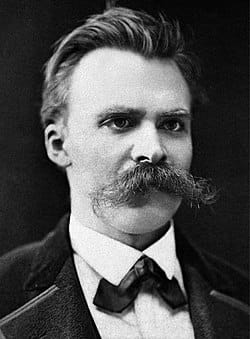O TRÁGICO COMO AFIRMAÇÃO DA VIDA
DOI:
https://doi.org/10.59488/tragica.v1i2.23985Keywords:
apolíneo, dionisíaco, trágico, metafísica, conhecimento.Abstract
O pensamento trágico enquanto reflexão filosófica sobre a condição humana faz parte de todo um movimento de valorização da arte grega antiga pelos alemães no final do século XVIII. Apesar disso, Nietzsche se apresenta em seus últimos textos como o primeiro filósofo trágico. O objetivo deste trabalho é entender e justificar essa afirmação de Nietzsche, já que seu pensamento sobre o trágico, embora seja um dos mais conhecidos entre nós, não é o único. Qual a novidade apresentada por Nietzsche na sua interpretação do trágico que o definiria como primeiro filósofo trágico? Tentaremos mostrar que, para Nietzsche, a tragédia é uma obra de arte considerada suprema por possibilitar, ao mesmo tempo, uma metafísica, um modo de conhecimento que se opõe ao socrático e uma redenção. A filosofia trágica de Nietzsche, enfim, permite a afirmação da existência sob um ponto de vista estético, ou seja, possibilita uma justificativa estética da existência.Downloads
Published
Issue
Section
License
Authors retain the copyright and grant the journal the right of first publication, with the work simultaneously licensed under the Creative Commons Attribution 4.0 International (CC BY) license. This license allows third parties to remix, adapt, and create from the published work, attributing authorship and initial publication in this journal. Authors are authorized to assume additional contracts separately, for non-exclusive distribution of the version of the work published in this journal (e.g. publishing in an institutional repository, on a personal website, publishing a translation, or as a book chapter), with recognition of authorship and initial publication in this journal.













